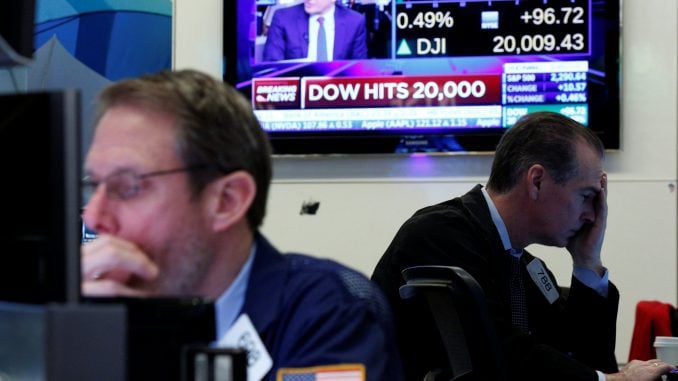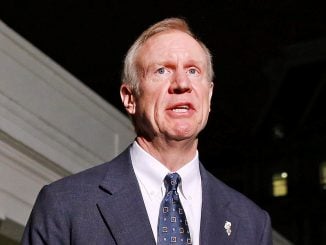
NEW YORK As century-old Wall Street brokerages have agonized over the fate of a major U.S. regulation on retirement advice, younger Silicon Valley counterparts have coolly shrugged their shoulders.At issue is when and how the federal government will implement the so-called “fiduciary rule” handed down by the U.S. Labor Department last year, now on track to be delayed by 180 days.The rule, which aims to protect retirees by eliminating conflicts of interest for the brokers paid to advise them, was set to go into effect in April, but is being challenged by the Trump administration.Big wealth managers and insurers most affected by the rule have welcomed signs that the new White House may roll it back. They have fought hard against the rule in court and on Capitol Hill, arguing that it would raise compliance and technology costs, while restricting brokers’ ability to charge commissions and sell certain high-fee products.Critics have said the additional costs would force brokerages to dump less well-heeled clients in favor of wealthier ones.Startups offering digital wealth management services have taken the opposite tack, saying the rule would benefit retirees and their own businesses. Investors abandoned by big firms might move to digital providers, which offer transparent, lower-cost alternatives, the thinking goes.In interviews since Trump instructed the Labor Department to review the rule earlier this month, executives at “robo-advisers,” which manage investor money with algorithms, brushed off the impact of the rule on their business.”An expansion of the fiduciary rule would be nice for our business, but in no way affects our ultimate success,” said Andy Rachleff, chief executive officer of Wealthfront, one of the largest robo-advisers that deals directly with investors.Among robo-advisers that provide services to brokerages, Mike Sha, co-founder and chief executive of robo-adviser SigFig, said he did not expect the rule’s delay to impact its business or partnerships at all. Wealth units of Wells Fargo & Co and UBS Group AG use SigFig’s technology and offer its online investing tools to their clients.Robo-advisers represent a small piece of the wealth management industry, overseeing roughly $200 billion of client assets in 2016, according to consulting firm A.T. Kearney. It expects the total to surge to $2.2 trillion by 2020.The shift to less expensive digital options began before the rule was formalized, driven primarily by customer demand for more digital options. That trend is unlikely to be stopped with or without the rule, analysts said.”By all projections, there is unbelievable demand for digital advice and solutions,” said Kendra Thompson, a managing director in the financial services group at the consultancy Accenture. The rule is “an accelerator for digital, not an originator,” she said.



